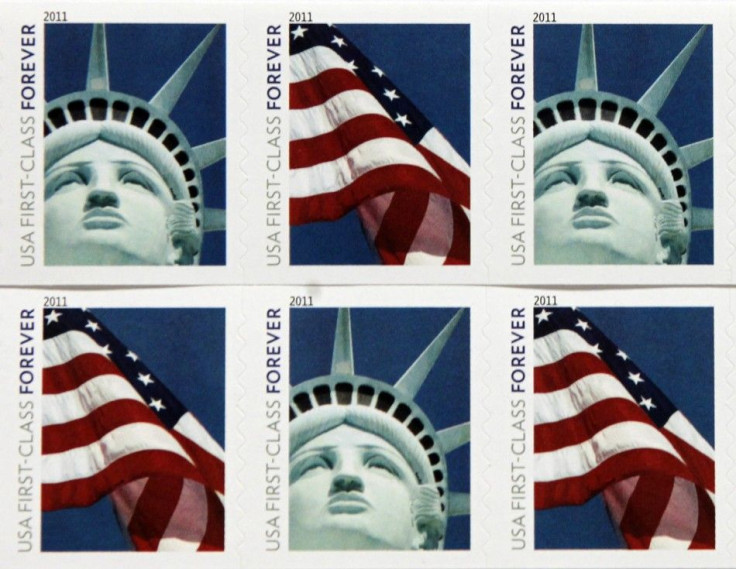Congressional Inaction At Root Of US Postal Service Problems

The U.S. Postal Service went broke on Wednesday, for the first time defaulting on a payment due to the U.S. Treasury to finance postal pensioners' future health care costs.
In a statement issued on Monday, the agency announced it would default on a monthly $5.5 billion payment due midnight Tuesday and would do the same for a $5.6 billion tab due in September. The agency will likely lose $14 billion this year as demand for mail service continues its decline.
The USPS blames Congress for not enacting "comprehensive postal legislation" to solve a long-simmering problem.
"This action will have no material effect on the operations of the Postal Service. We will fully fund our operations, including our obligation to provide universal postal services to the American people," it said.
While the USPS receives no tax dollars, relying on sales of its products and services, Americans just don't write or send as much mail as they used to. The agency has a Congressionally mandated monopoly on basic stamped mail delivery -- this is why you don't receive a stamped letter or credit card statement delivered to you by a FedEx mailman.
And even though sending a package costs less through the USPS, the cost of sending packages with private companies such as FedEx Corporation (NYSE: FDX) or United Parcel Service Inc. (NYSE: UPS) is competitive enough for consumers and online vendors like Amazon.com Inc. (NASDAQ: AMZN) and Systemax Inc. (NYSE: SYX) to use them instead.
The reason for the agency's monopoly is because a private company would make a financial decision and stop delivering mail to unprofitable regions, such as rural communities, or charge people living in those parts of the country higher mail delivery fees. The mandate, called the universal service obligation, allows for a nationwide standard mail rate and guaranteed six-day weekly delivery.
The model has worked well in the past, and today the USPS still delivers over a half-billion pieces of mail every day.
But the model is failing, as demonstrated by this historic moment in the agency's 237-year history. (Benjamin Franklin was the nation's first postmaster general.) There hasn't been a move to overhaul the mail system since 1971's Postal Reorganization Act.
Congress has done very little to respond to USPS demands for change. But a proposal to close thousands of rural post offices was met with Congressional ire. In May, Postmaster General Patrick Donahoe made an alternative proposal: to reduce hours of operation for 9,000 rural post offices to as little as two hours a day. But that, too, requires lawmakers to commit to unpopular choices. The only action that has come out of Congress this year regarding the agency was when the Senate passed a bill in April that would allow the USPS to reduce its workforce from 550,000 to 450,000.
So what should Congress do?
According to R. Richard Geddes, associate professor in the Department of Policy Analysis and management at Cornell University, Congress needs to allow the USPS to operate like a publicly listed company, and to bite the bullet and let the market decide the cost of mail service.
"Two reforms are central to creating a long-term viability. The first is to make the USPS subject to private corporate law," writes Geddes on The Hill's Congress Blog. "This includes creating a board of directors with explicit fiduciary duties to shareholders and creating the shares as well -- even if they are initially held by the federal government. The second is to give postal management the commercial freedom it needs to adjust the size and scope of the delivery network to the new communications marketplace. This includes shuttering little-used post offices and replacing them with contracted window services, as well as adjusting the number of large sorting centers to the reality of lower mail volumes."
More densely populated cities have always effectively subsidized mail service to the loss-leading countryside. So under these reforms rural communities would have to give up services or pay out of their own pockets to additional cost of mail delivery.
In other words: Either the USPS needs taxpayer funds or it needs to radically cut services to loss-leading areas. What it can't do is continue to default on important payments.
© Copyright IBTimes 2024. All rights reserved.






















